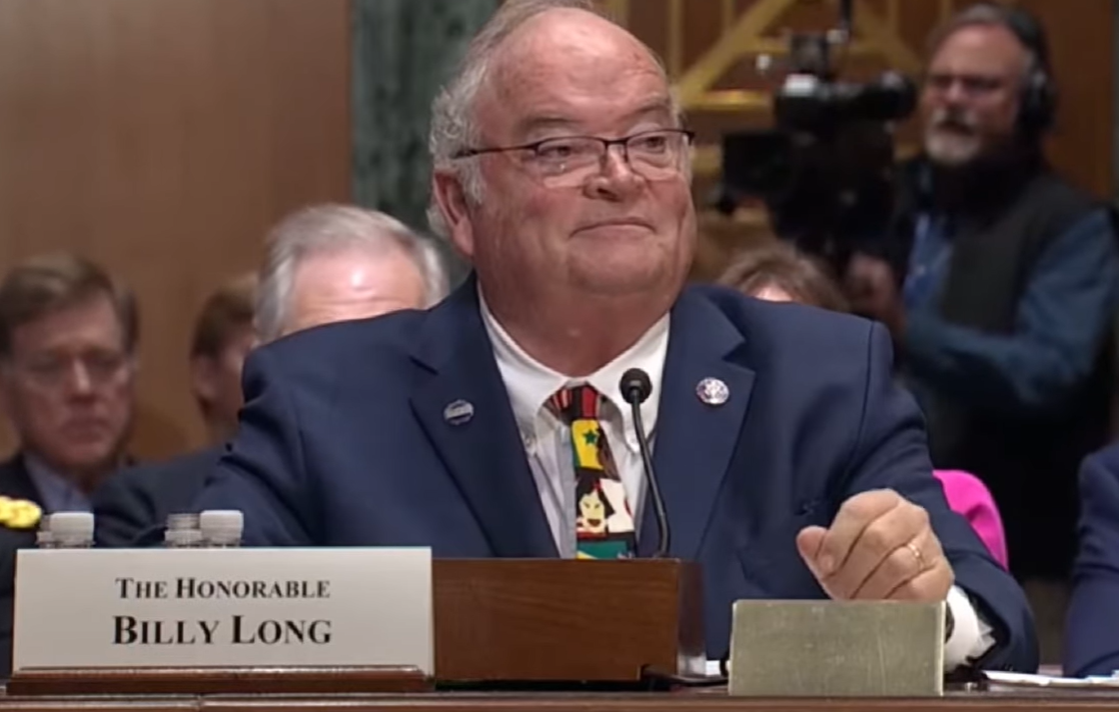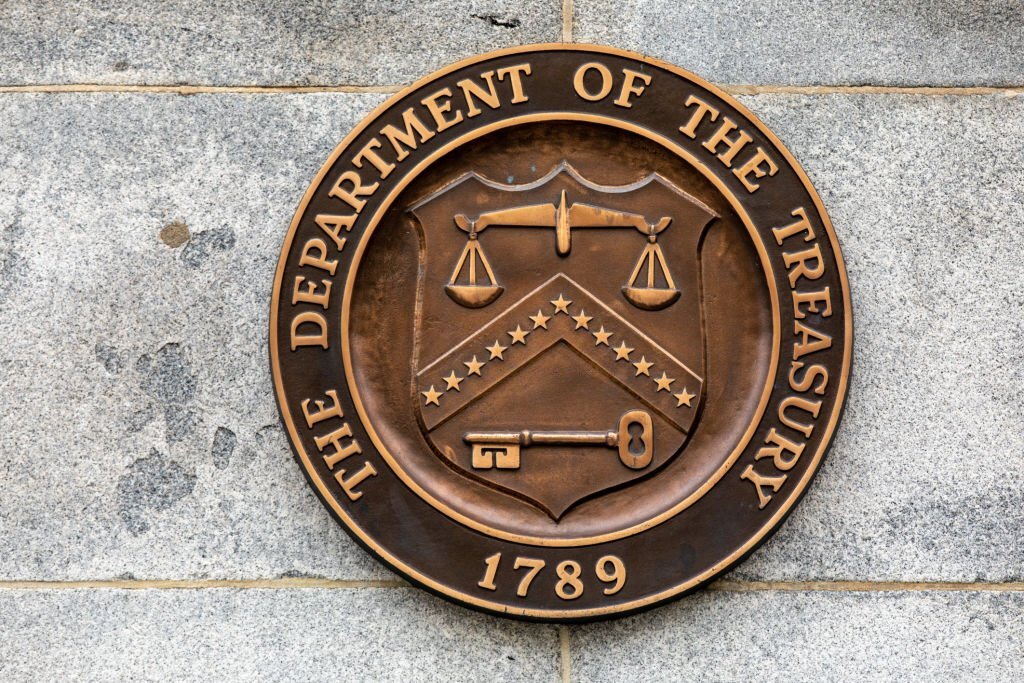The IRS is asking the public to submit suggestions on tax issues that should be included in the agency’s 2024-2025 Priority Guidance Plan.
The 2024-2025 Priority Guidance Plan will identify guidance projects that the Treasury Department and the IRS intend to actively work on as priorities during the period from July 1, 2024, through June 30, 2025.
The Priority Guidance Plan is used by the IRS and Treasury’s Office of Tax Policy to identify and prioritizing tax issues that can be addressed through regulations, revenue rulings, revenue procedures, notices, and other published administrative guidance.
“The Treasury Department and the IRS recognize the importance of public input in formulating a Priority Guidance Plan that focuses resources on guidance items that are most important to taxpayers and tax administration,” the IRS said in Notice 2024-28, which was released on March 7. “Published guidance plays an important role in increasing voluntary compliance by helping to clarify ambiguous areas of the tax law. The published guidance process is most successful if the Treasury Department and the IRS have the benefit of the experience and knowledge of taxpayers and practitioners who must apply the rules implementing the tax laws.”
In reviewing recommendations and selecting additional projects for inclusion in the 2024-2025 Priority Guidance Plan, the Treasury Department and the IRS will consider the following:
- Whether the recommended guidance resolves significant issues relevant to a broad class of taxpayers;
- Whether the recommended guidance reduces controversy and lessens the burden on taxpayers or the IRS;
- Whether the recommended guidance relates to recently enacted legislation, such as the Inflation Reduction Act of 2022, Pub. L. No. 117-169 (Aug. 16, 2022);
- Whether the recommendation involves existing regulations or other guidance that is outdated, unnecessary, ineffective, insufficient, or unnecessarily burdensome and that should be modified, streamlined, expanded, replaced, or withdrawn;
- Whether the recommended guidance promotes sound tax administration;
- Whether the IRS can administer the recommended guidance on a uniform basis; and
- Whether the recommended guidance can be drafted in a manner that will enable taxpayers to easily understand and apply the guidance.
Taxpayers and tax professionals have until May 31 to submit recommendations for guidance that could be included in the upcoming plan. The IRS strongly encourages recommendations be sent electronically at www.regulations.gov. Type “IRS-2024-0009” in the search field on the homepage to find Notice 2024-28 and submit recommendations.
“Taxpayers are not required to submit recommendations for guidance in any particular format,” the IRS said. “Taxpayers should, however, briefly describe the recommended guidance and explain the need for the guidance. In addition, taxpayers may include an analysis of how the issue should be resolved. For recommendations to modify, streamline, or withdraw existing regulations or other guidance, taxpayers should explain how the changes would reduce taxpayer cost and/or burden or benefit tax administration. It would be helpful if taxpayers suggesting more than one guidance project prioritize the projects by order of importance. If a large number of projects are being suggested, it would be helpful if the projects were grouped by subject matter and then in terms of high, medium, or low priority. Requests for guidance in the form of petitions for rulemaking will be considered with other recommendations for guidance in accordance with the considerations described in this notice.”
Thanks for reading CPA Practice Advisor!
Subscribe Already registered? Log In
Need more information? Read the FAQs




